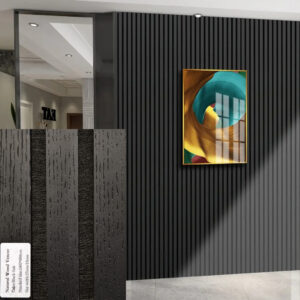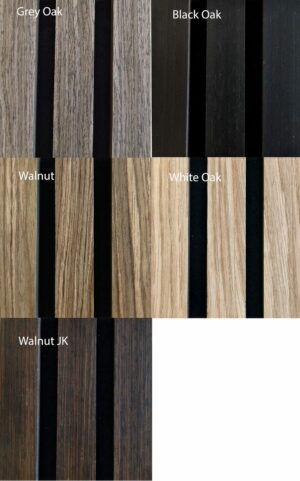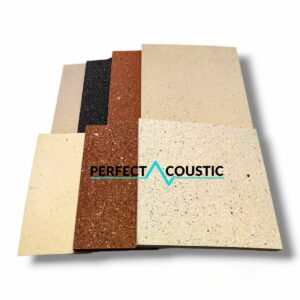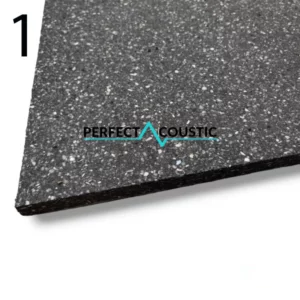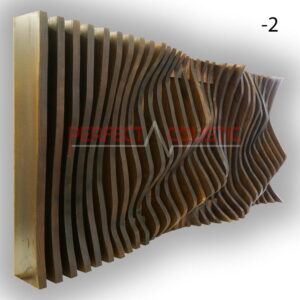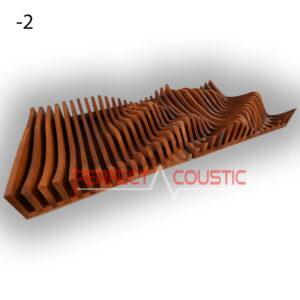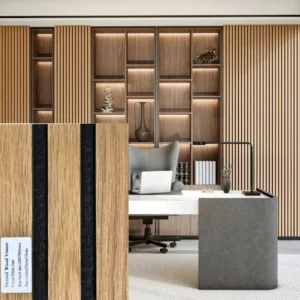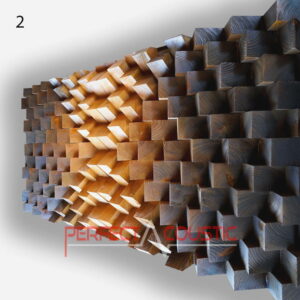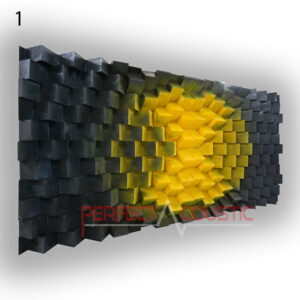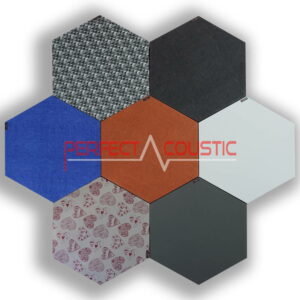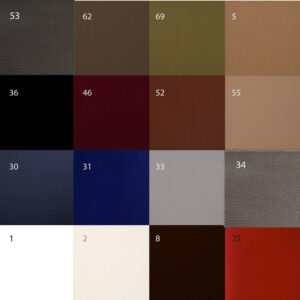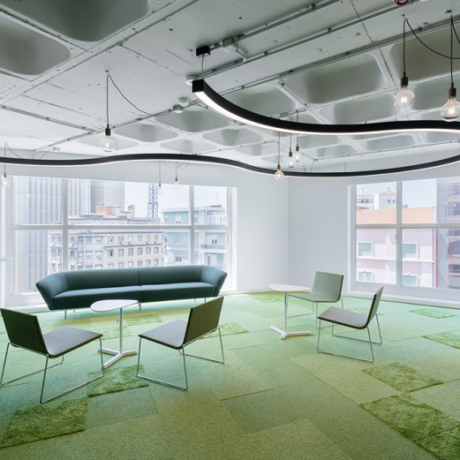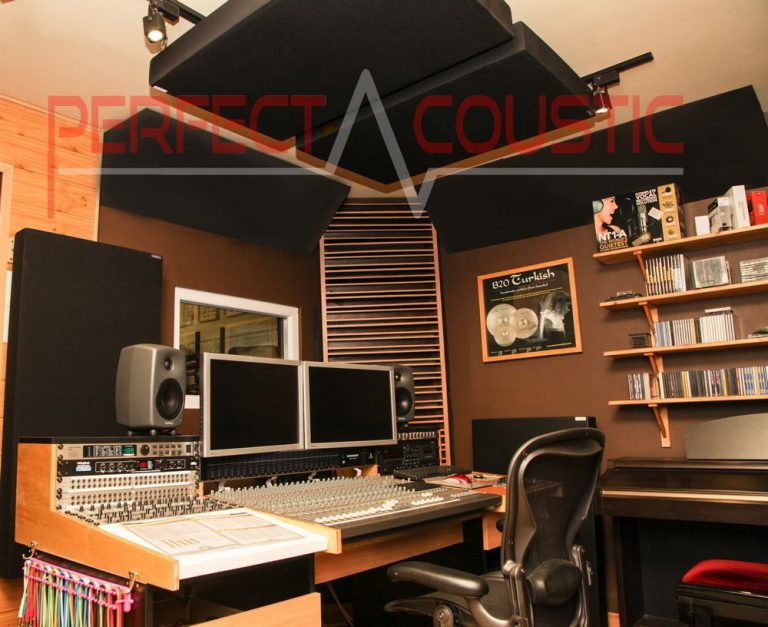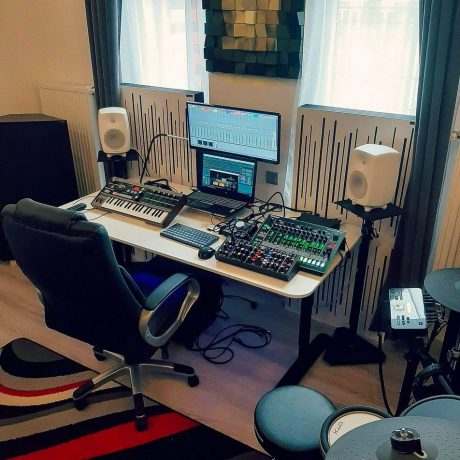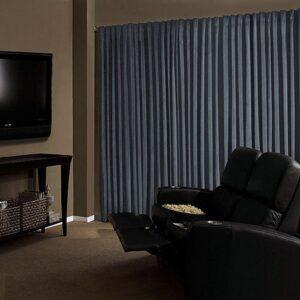Echo cancellation – 10 useful tips to improve sound
Echos can lead to sound degradation in many rooms. Echo, in other words, reverb, is the reflection of sound waves from certain surfaces. Extensive, hard, and flat surfaces such as bare walls, ceilings, floors, and glass surfaces are so-called reflective surfaces, which means that they cannot absorb sounds due to their material and structure. Sounds from these surfaces bounce back and forth in the room. The size and shape of a given room also affect the sound. The smaller a room, the greater the problem caused by echoes caused by sounds bouncing off close surfaces of walls, ceilings, and floors. The resulting echo significantly degrades the sound and leads to ear fatigue and headaches in the long run.
-
-
-
Parametric Wall Art Panel (Diffuser)327 € – 426 € +Vat
Ordinary furnishings, furniture, and textiles can only absorb high tones, but they do not thrive with deeper ranges. With the help of the sound absorber used during the acoustic treatment and the diffuser elements placed at the reflection points, the echo problem can be easily solved. However, care must be taken not to fall into the mistake of over-damping! All echoes are needed, but they must be kept in check, as are bass sounds. A noisy and echoing room is not only unpleasant for our ears but also hurts our physical and mental health. If you want a calm, pleasant and peaceful environment, perfect acoustics are a must. In sound recording and mixing studios, echo management is even more important. The quality of recorded audio will only be optimal if the acoustic conditions are perfect during recording.
Here are some tips to reduce echo:
1. Each room can be likened to a box. Place furniture, and home furnishings in the room that will somewhat dampen the echo.

We decorate the rooms with upholstered, padded armchairs and sofas. Although the minimalist interior design style is quite fashionable these days, it is not ideal from an acoustic standpoint. Ordinary equipment can easily cope with higher sounds, but they do not thrive with sounds belonging to the deeper range, they reflect them. Weather permitting, open windows and doors often.
2. Lay a thick, densely woven rug on the parquet, tile, or linoleum floor as large as possible.
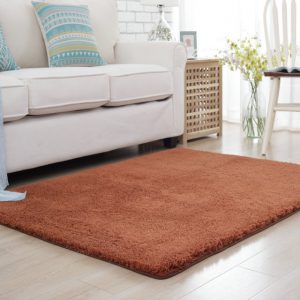
Impact sounds and the noise of falling objects can be excellently reduced with the right carpets. For sound insulation, to improve the acoustics, choose a soundproof mat. These home textiles have been specially developed for sound insulation and noise reduction. Unlike traditional rugs, they can also absorb 20-30 decibels of sound.
3. Sounds are reflected from glass surfaces, and external noises are also filtered out. Traditional curtains also absorb all sounds, only to a much lesser extent than a fabric designed for this purpose. Acoustic curtains can also be used as room dividers in open-plan offices.
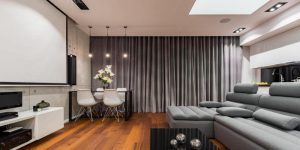
4. Sounds accumulating along the ceilings also resonate. Suspended ceilings and larger lamps can be a good solution, but if you are looking for an optimal solution, buy sound-absorbing panels that can also be mounted on the ceiling.
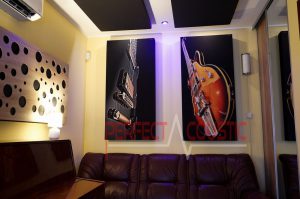
These acoustic elements not only eliminate echo sound but also effectively attenuate noise.
5. Sounds reflected from walls can be muted by painting, wallpaper, or other wall coverings.
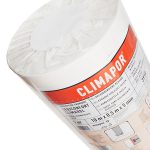
There are also heat and soundproof wallpapers that can be used to reduce noise and echoes even more effectively. You can also use either rubber-based or wood chip paint. But keep in mind that these greatly absorb sounds above 2000 Hz! So their application in cinemas, hi-fi rooms and studios is not recommended!
6. Do not use only sound-absorbing and bass trap batteries, as this may result in an over-attenuated room!
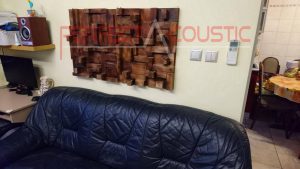
We can use wall decorations, sculptures, and images that stand out from the space. Place diffusers at the reflection points that scatter sounds evenly throughout the entire bandwidth.
7. Corners are also problem areas in terms of echoes. In the corners, bass sounds below 300 Hz gather, so it is worth placing heavier furniture here, such as a wardrobe, chest of drawers, or chest, in which we can put clothes or even paper. (These function to some extent as sound absorbers.)
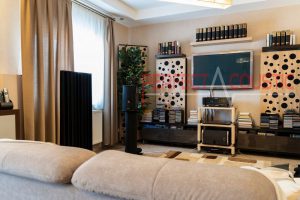
8. The placement of audio and hi-fi equipment, microphones, speakers, and amplifiers also matters. We seek the opinion of audio and acoustic experts and accept their advice on the proper positioning of hi-fi devices. It is also a good idea to place soundproof panels on the wall behind the speakers to avoid reflections. It is best to place the hi-fi devices on a stand or open shelves. By placing a folded blanket or blanket behind the speaker, you can model the effect of the acoustic panel. We can try this in several places, although the result will not be nearly the same as when using an acoustic panel, some changes will be heard.
9. With the use of modern building materials, the noise attenuation and acoustic treatment of buildings can also be solved effectively.
-
-
Wall Panel – Diffuser 140x70x8cm235 € – 271 € +Vat
-
Hexagonal acoustic panel -Size: 60x60x6cm52 € – 61 € +Vat
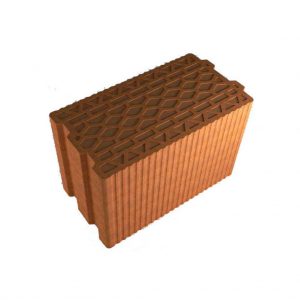
Acoustic considerations should also be taken into account when designing properties. The structure of ideal sound insulation materials is dense, flexible, or porous. Using a soundproof brick, it is possible to absorb up to 54 decibels of sound.
10. Do not leave rooms with excessive bare walls, ceilings, floors, and glass surfaces. Don’t use home-made, homemade, cheap, lousy materials to soundproof or improve sound! They are not effective at all and are not beautiful. The egg holder and styrofoam panels, due to their structure, absorb only the high tones, they can’t do anything with the deeper frequencies.
Written by Róbert Polgár SzG

